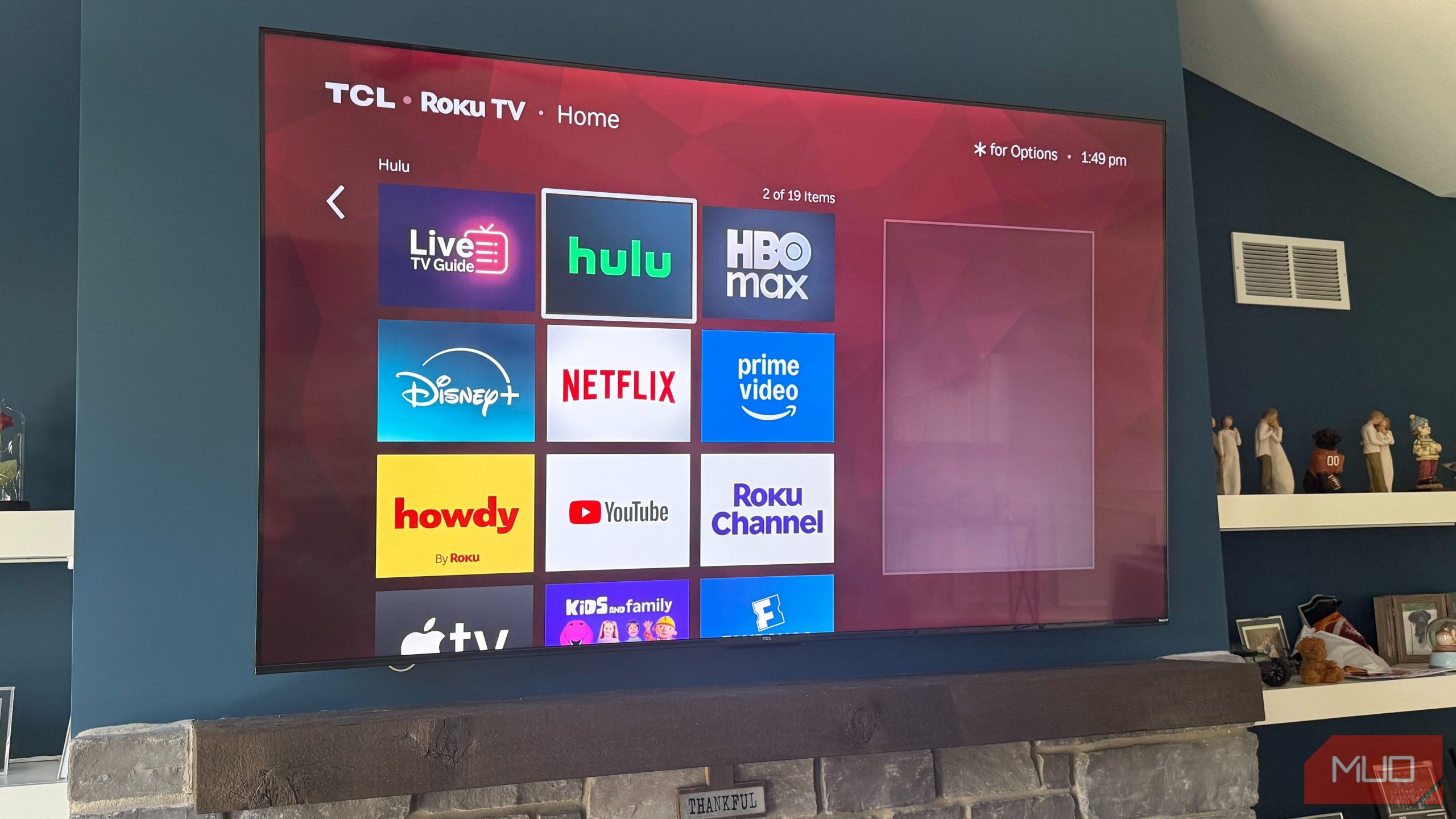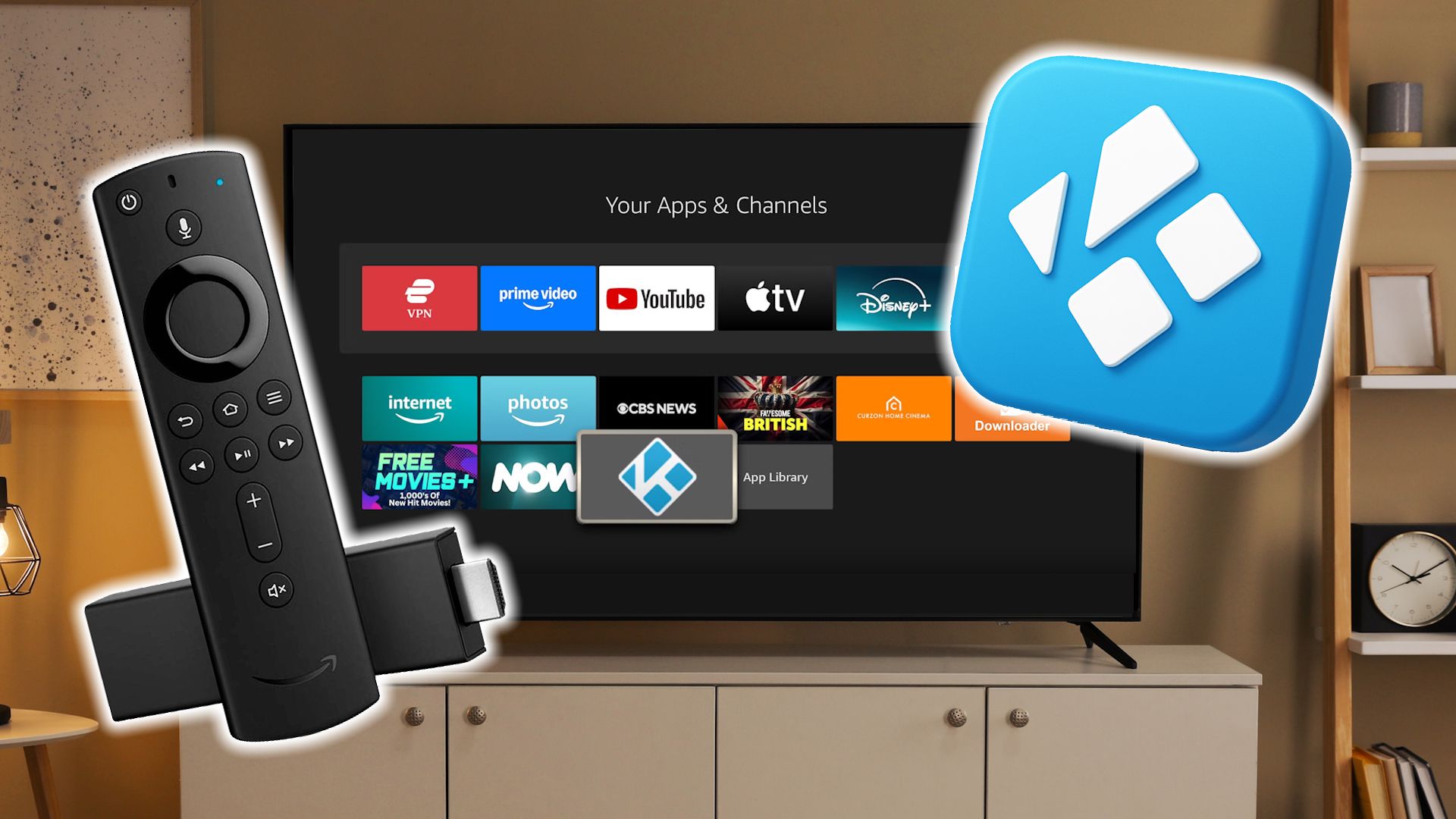Now Reading: Blocking Ads Made My Smart TV Faster-Here’s How
-
01
Blocking Ads Made My Smart TV Faster-Here’s How
Blocking Ads Made My Smart TV Faster-Here’s How

Swift Summary
- The author describes frustration with four Roku TCL Smart TVs running slow due to excessive ad-related processes,such as downloading promotional banners and tracking viewing habits.
- Blocking ads at the network level using a Ubiquiti router considerably improved performance-apps opened faster,menus navigated smoothly,and home screens became responsive.
- Ad-loading consumes notable TV processing power and bandwidth as Smart TVs run on relatively basic hardware compared to laptops or smartphones.
- Network-level ad-blocking works by stopping advertising requests with DNS filtering before they reach connected devices.The setup took less than a minute using the UniFi Network app’s default settings.
- Other ad-blocking solutions include Pi-hole (a Raspberry Pi-powered DNS server), ASUS routers with AiProtection, TP-Link’s HomeCare features, or external DNS services like AdGuard DNS or Quad9.
Indian Opinion Analysis
The insights from this article point to broader concerns about intrusive advertising practices affecting user experience not only in India but globally. For Indian consumers who increasingly rely on affordable smart TVs for streaming content amidst growing internet penetration rates, advertisements embedded in device operations perhaps undermine technology’s efficiency while inflating data usage costs-a crucial issue given India’s average broadband speed and high mobile data consumption. This case highlights an opportunity for more widespread use of ad-blocking technologies among tech-savvy urban households. However, these solutions may remain inaccessible to rural users or those unfamiliar with complex network configurations-a gap that could further divide digital inclusivity within the country.
India is also witnessing a rise in locally manufactured smart tvs under brands like Realme and Vu aiming to compete against global players like TCL or Samsung. Manufacturers may need proactive measures considering consumer expectations for streamlined performance without aggressive background advertising processes interfering heavily. These dynamics could influence newer policies around digital privacy standards in India while also pushing companies toward innovations that better balance commercial goals with user satisfaction needs.




























